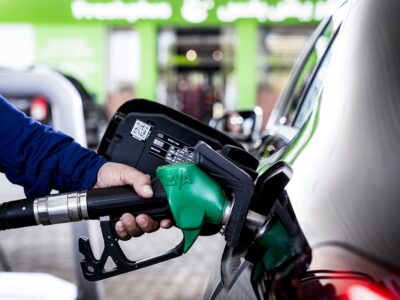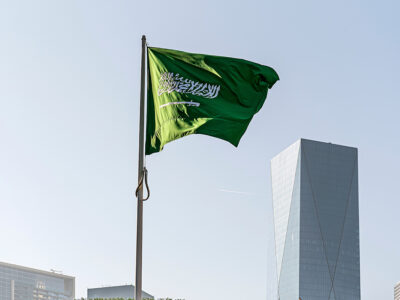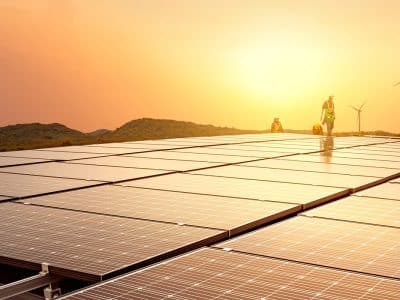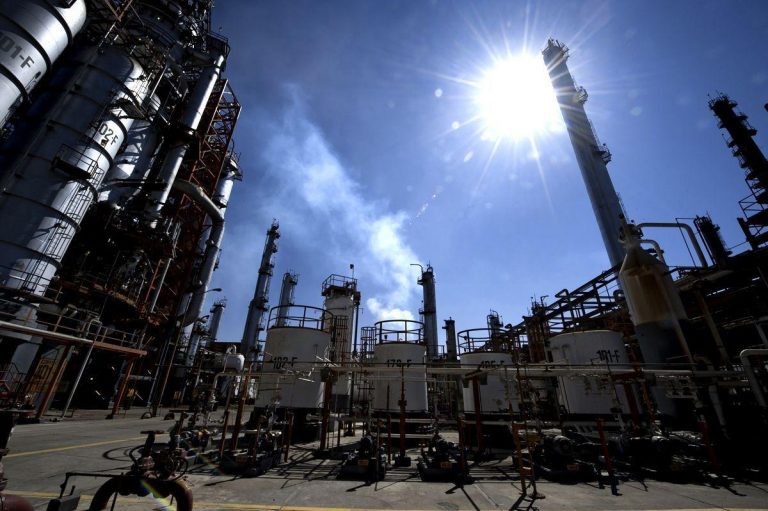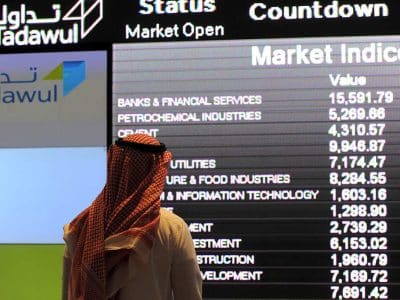A crude oil pipeline in the United Arab Emirates that will
bypass the Strait of Hormuz is nearly complete with first oil to flow next
month, as talk of military action against Iran intensifies, four industry sources
told Reuters on Monday.
The Abu Dhabi Crude Oil Pipeline (ADCOP) project, a 480km
pipeline with a capacity of up to 2.5 million barrels per day (bpd) – would allow
OPEC member UAE, one of the world’s top five oil exporters, to avoid the risky
sea route and boost exports from its Fujairah terminal on the Gulf of Oman.
“Oil could flow through the pipeline from end-December
initially at 1 million bpd and gradually increase to 2 million bpd,” an
industry source with direct knowledge of the pipeline said.
“There’s a hurry to get this operational as the noises
about an attack on Iran gets louder,” he said, adding that the start-up of
the pipeline would ease a serious bottleneck in the Gulf.
Tension over Iran’s nuclear programme has increased since
the International Atomic Energy Agency (IAEA) reported on Nov 8 that Tehran
appears to have worked on designing a nuclear bomb and may still be working.
The Strait of Hormuz is the most important oil transit
channel in the world, with some 15.5 million barrels or about a third of all
sea-borne oil passing through in 2009, according to the US Energy Information
Administration (EIA). US warships patrol the area to ensure the safe passage.
Most of the crude exported from Saudi Arabia, Iran, the
United Arab Emirates (UAE), Kuwait and Iraq – together with nearly all the
liquefied natural gas (LNG) from lead exporter Qatar – must pass through a
6.4km wide shipping channel between Oman and Iran.
The pipeline would link state oil firm Abu Dhabi National
Oil Company’s Habshan oilfields to the port of Fujairah, one of the top three
bunkering hubs and a major oil storage terminal.
Abu Dhabi government-owned International Petroleum
Investment Company (IPIC) is undertaking the project while China Petroleum
Engineering & Construction Corporation is the engineering, procurement and
construction contractor (EPC).
IPIC officials contacted for this story did not return
calls.
“The construction of the pipeline is completed. They
are now evaluating the operational costs and the logistics of it,” a
second source, based in Dubai said.
“They are recruiting new people as it is a big
operation.”
Two other sources based in the UAE confirmed the timeline
for the start-up of the project. They all asked for anonymity as the official
announcement for the commissioning has not been done yet.
The pipeline will carry Murban crude, another source said,
therefore the initial operation of the pipeline will be undertaken by Abu Dhabi
Company for Onshore Oil Operations (ADCO).
The state-owned company will operate and proceed with the
preparations for the pre-commissioning, commissioning, start-up, performance
testing and handover of the project facilities.
Abu Dhabi National Oil Co (ADNOC) holds a 60 percent stake
in ADCO. Its other shareholders are BP, Royal Dutch Shell , Total, ExxonMobil
and Partex Oil and Gas.
Near the pipeline in Fujairah, IPIC is planning to undertake
a $3bn refinery project, which it aims to complete in mid-2016.
“In less than five years, the refinery will be
completed. I believe they are finalising the tendering process for the
refinery,” the Dubai-based industry source said.
